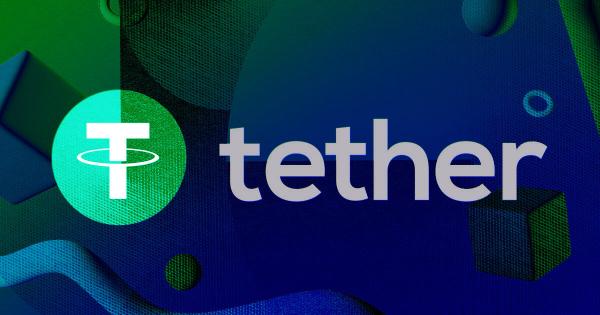Several crypto stakeholders have criticized USDT issuer Tether for blacklisting a validator address that drained $25 million from maximal extractable value (MEV) bots.
The MEV bots were drained of over $20 million on April 3 while executing a sandwich trade. The blacklisted address exploited a bug in the MEV-boost relay to back-run the bot’s transactions and stole 3 million USDT and $22 million in ERC-20 tokens.
With the blacklisting, Tether has now frozen the 3 million USDT from the exploit.
Crypto stakeholders criticize Tether
Polygon co-founder Jaynti Kanani described the incident as a “bad precedent,” while on-chain sleuth ZachXBT called it “disappointing.”
Fastlane co-founder Thogard said this was the “most concerning DeFi development of 2023.” Thogard added:
“The bot ‘victims’ signed those transactions and sent them to the relay. They were executed. The exploit wasnt in DeFi. Tether’s block implies they have an opinion on eth’s consensus / social layer.”
Meanwhile, community members have speculated on why Tether blocked the address. On-chain investigator ZachXBT believes Tether likely got a court order to blacklist the wallet, while others said it was evidence that influential people were behind the MEV bots.
Tether was yet to respond to CryptoSlate’s request for comment as of press time.
MEV bots are automated high-frequency traders that rely on the speed and complexity of the blockchain to capture arbitrage opportunities. The sandwich trade the bots wanted to execute would have taken advantage of traders by front-running their transactions.
The post Crypto community criticizes Tether for blacklisting wallet that drained $20M from MEV bots appeared first on CryptoSlate.









